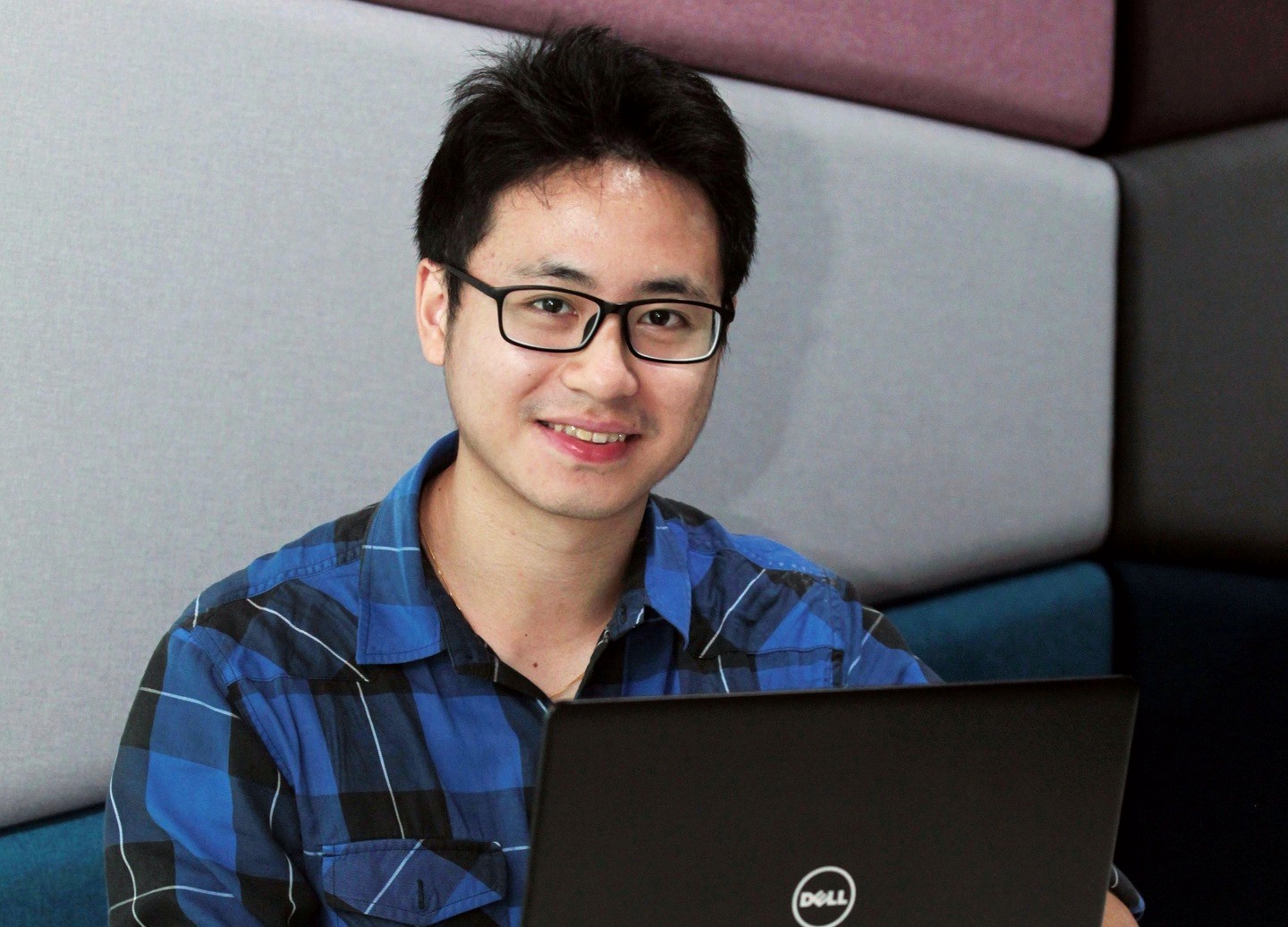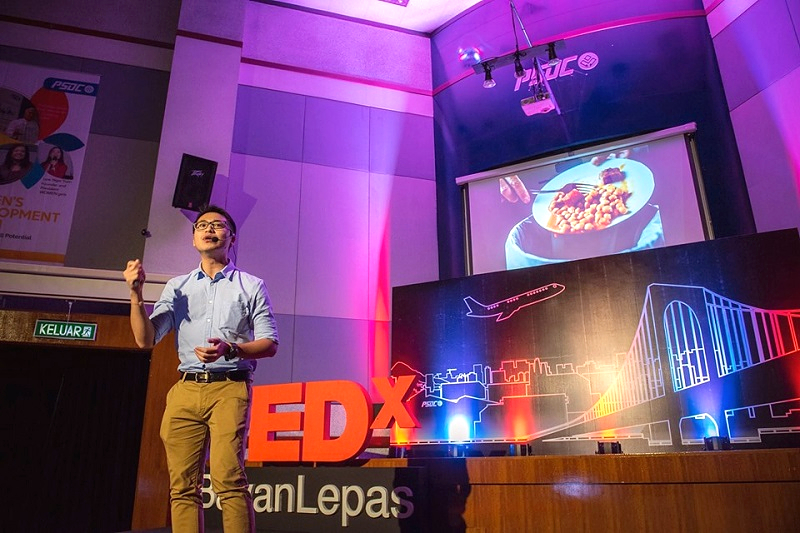
Together with some friends, Calvin Chan began this endeavour with only RM200 in business capital (Photo: Suhaimi Yusuf/The Edge)
A chance encounter with food waste in the back alley of a restaurant in Victoria Street, Penang, left Calvin Chan Yi Xuan pondering about the incident for a long time afterwards. The smell of baked goods wafting through the air, even after being binned, piqued his curiosity as well as that of his partner’s. What they discovered was that pastries that were still in good condition had been discarded at the end of an outlet’s business day.
“Why are we throwing away food that can either be sold at a lower price or channelled to those in need?” Penang-born Chan wondered and he literally lost sleep worrying about edible food going to waste. He began researching what is being done globally to combat the problem and found that France has legislation dealing with this issue while Germany has a food surplus app, and Hong Kong, a group of food rescuers.
Together with some friends, Chan launched social enterprise Food Plus Life (recently rebranded as Green Hero) in mid-2017 as an online platform where F&B businesses can channel edible food that remains unsold after operating hours and which would otherwise go to waste. Besides Chan, the core group consists of Keeran Shaman Shahbudin as graphic designer, Mozes Ong Xin Yong as mobile stack developer, Joshua Ong Xin Zhi as head of marketing, Lim Shan Yong as accountant and Varmah Ramesh, who built the website.

The young, dynamic team of college-goers began this endeavour with RM200 in business capital. Though they were certain about their mission to combat food waste by encouraging consumers to buy surplus food items at discounted prices, they had to overcome some challenges.
“The toughest part is getting merchants to understand what our business model is because some thought we will be reselling the food items for them, which is not the case. Some consumers are sceptical about eating the food so we have to create awareness on this,” says Chan, who recalls being turned away by the first seven merchants he approached, but number eight turned out to be a lucky number and Keeran’s pitch was successful in bringing the outlet on board.
The online platform had humble beginnings as a Whatsapp group of a bunch of students in Disted College, who were keen to purchase food at a discounted price. Chan initially sold the surplus food at F&B outlets in his college’s cafeteria during breakfast and tea time but this made food operators unhappy and they began to complain. The Whatsapp group solved this problem and more groups began mushrooming among students from other colleges such as Inti and KDU.

Fast forward two years, and the social enterprise spread its wings to Kuala Lumpur in May. The number of merchants on the platform now totals 77. At the time of this interview, the latest merchant to come on board was a bubble tea outlet in Penang. Next up, Green Heroes will be launching a mobile app, the Android version for which is currently being beta-tested.
An interesting aspect of most, if not all, the food items sold on this platform is that they are sans branding. Even the pick-up points are not at the outlets themselves. “When we did a survey, we found that most merchants would prefer not to reveal the brand. The reason for this is that they are worried the taste may deteriorate over time if the food is consumed on or too close to the date of expiry, and customers unhappy with the quality may not want to buy the brand anymore. Also, if the food can be obtained cheap, there is a worry that less customers may want to buy for the full price during other times,” Chan explains, adding that sushi is the most popular food item.
Green Heroes also allows users to sponsor surplus food for children living in shelter homes, in addition to arranging surplus food from events to be distributed to those in need.
The latter requires some planning in terms of the beneficiaries as the amount of food available at the end of the event is usually uncertain. According to Chan, the last resort is to send the food to animal shelters that are willing to accept them, which can be tricky as some cooked food may not be suitable for dogs.
Besides attending a boot camp by the Malaysian Global Innovation and Creativity Centre, the social enterprise also benefitted from HLB Jumpstart, the CSR platform of Hong Leong Bank, which played a crucial role in its rebranding, media and public relation, as well as in developing the iOS version of the app. This marks an exciting time of growth for the social enterprise on its mission to achieve zero food waste in Malaysia within the next five years.
This article first appeared on June 10, 2019 in The Edge Malaysia.


